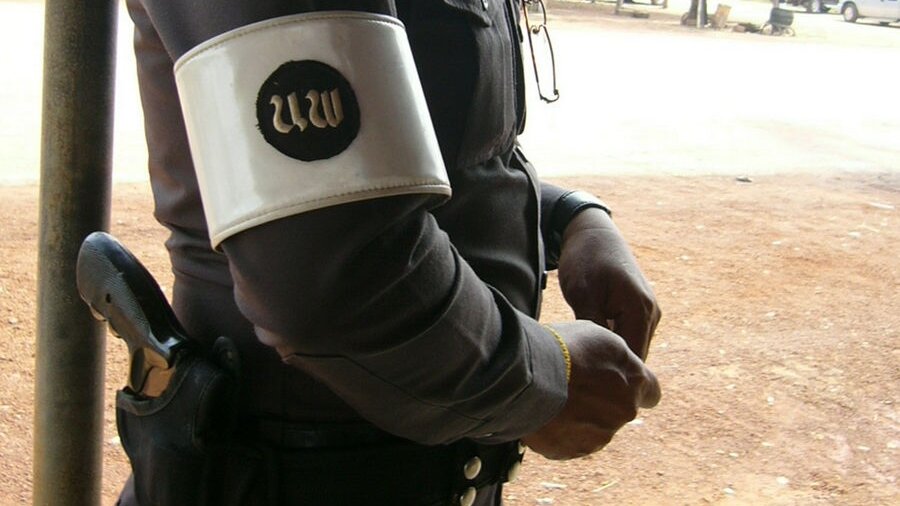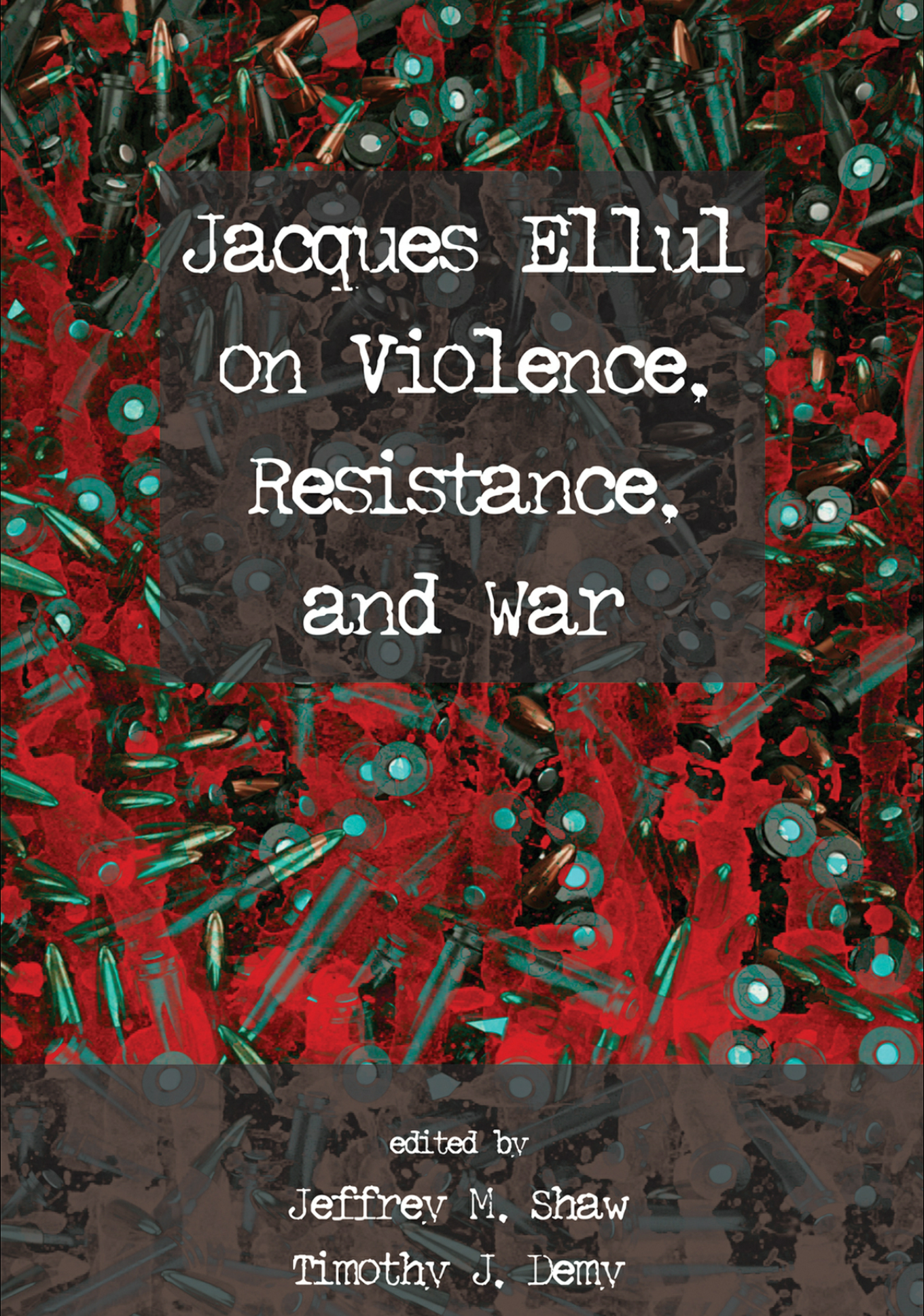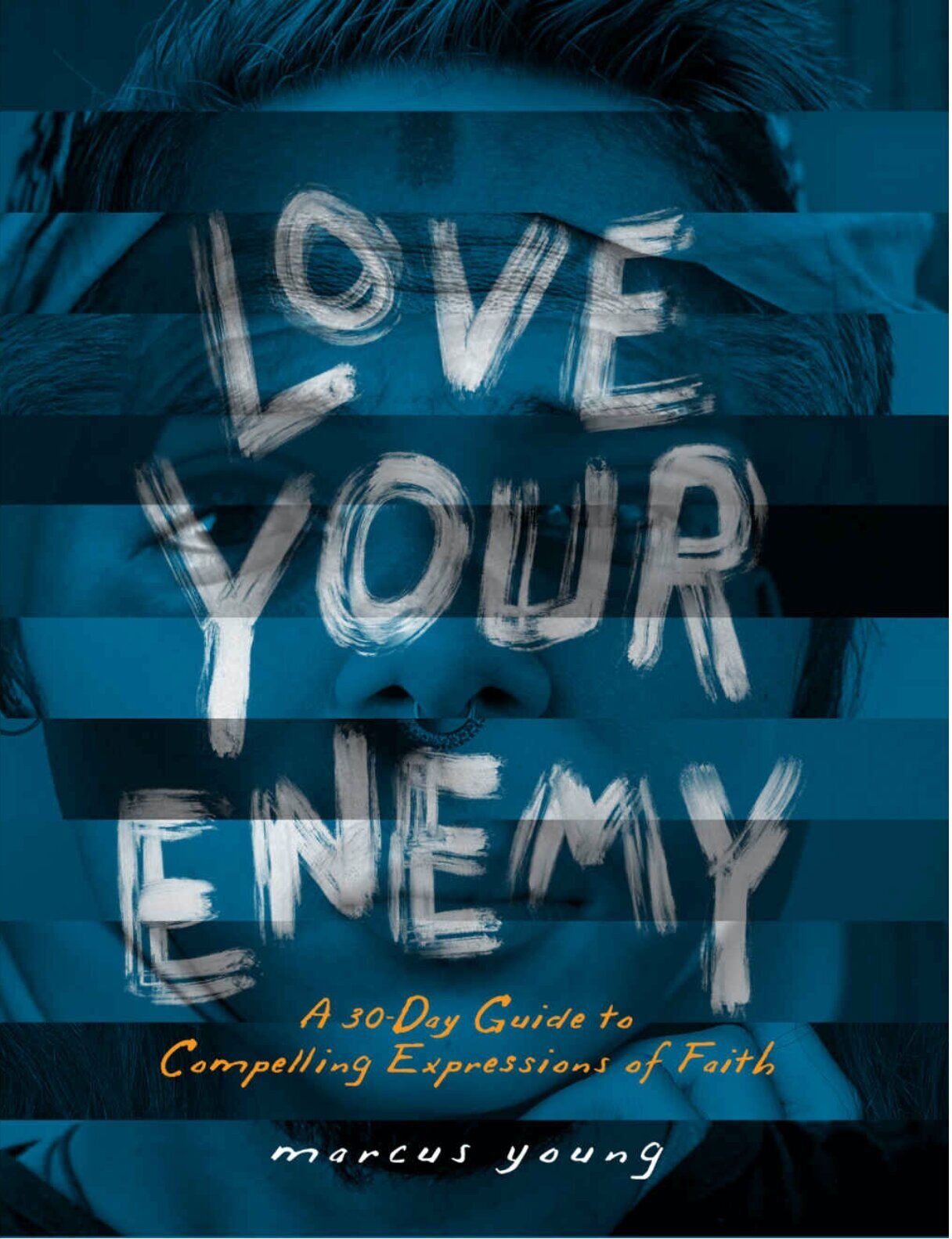The historical roots of policing offers deep insight for those concerned with violence and racism.
Jeffrey Shaw, in his examination of Jacques Ellul regarding violence, resistance, and war, reviews the history of police. (This is the MJY Cliff’s Notes version.)
-
Policing as we know it is a modern invention.
-
Greco-Roman cities were “policed” by common citizens for common crimes, and Athenian citizens conducted detective work and prosecuted those who performed public crime.
-
In the Middle Ages a posse led by the estate managing shire reeve (sheriff) hunted fleeing criminals.
-
In America we have two paths of evolution:
-
Southern Police, which emerged from slave patrols mandated by the state and postbellum, applied these slave management methods on freed blacks to discipline and control them through the courts. (See Du Bois, Souls of Black Folk.)
-
Northern Police were first used to control drinking and vagrancy. Much of the early work of city police prevented or calmed labor strikes and police were also political tools or loyalists who helped a city government maintain control. Their jobs continued only under the current officials in power.
-
-
90% of US soldiers charged with abusing prisoners or killing civilians were incarcerated in 2009 but conservatively only 64% of police.
“Police discretion begins where the rule of law ends: police discretion is precisely the subjection of law to a human decision beyond the law.” (See Jeffrey Reiman, Is Police Discretion Justified in a Free Society?)
As stated above, I condensed this from Shaw’s work on Ellul. It is important work because as you can see, many of our current day problems are rooted in history. I found this history of the development of police very illuminating.
If racism concerns you, learn to love enemies in every context: https://amzn.to/358Iv62
What I want us to be aware of is that police systems and structures that have emerged in modern society have roots in protecting corporate money, political power and injustices like slavery. This history offers a useful perspective on why much of the African American community carries a deep and ongoing sense of injustice regarding the police and the courts.
At one level, this insight logically demands that we examine spiritual powers and principalities. How are we unknowingly being influenced? At another, it should elicit a searching conversation between us:
1. Has our choice to delegate the work of policing away from corrections by local, ordinary citizens and the wisdom of its elders moved us away from valuing individuals?
2. How can ordinary citizen’s become more usefully involved in the court systems?
3. What might everyday policing look like if we could redesign it?
4. If our current system of policing is to remain and flourish, how can we as ordinary people keep it more accountable?




Thought-provoking post. A black person born in the 50’s to the 70’s in the US could have had grandparents or great grandparents who lived during the formation of the southern police system.
This is still very fresh in society.
The challenge now becomes on the political front: how to reform the system without allowing for the anarchists to step into the vacuum?
Loving our enemies is key to keeping our spiritual sanity. I would like to hear your thoughts on the balance between personal action and political action.
Shalom!
Paul